Are NCAA athletes successful after college?
NCAA athletes have a 1% chance of having a professional athletic career.
69% of NCAA athletes graduate from college
September 22, 2023
High school athletes have a 2% chance of becoming an NCAA athlete. NCAA athletes have a 1% chance of going pro after college. Most NCAA athletes quit their sport after college, since the chances of going pro are incredibly slim.
Studies show that college athletes are more likely to become successful in life after college. This is because college athletes learn to balance academics, athletics, and friendships, as well as being a part of a supportive team and community can all help with one’s success.
Success can mean many different things in this case. It can mean getting a career that’s not sports related, or going pro. I’m going to talk about both and what life after college looks like for a NCAA athlete.

Like I mentioned before 1% of NCAA athletes go pro. Think about it–that’s one Division One athlete out of one-hundred Division One athletes that get the chance to live out their dream. Of course going pro isn’t everyone’s dream, but it was definitely considered by most.
The NCAA may seem like the best/only gate to a professional athletic career, but it’s not. For example, there are many academies and programs for soccer that are specifically designed to help players have a better chance of going pro without college. MLS Next Pro academies (Major League Soccer) produce more professional soccer players than NCAA. College soccer is starting to become irrelevant for prospects because they are looking at academies similar to MLS Next.
14-32% of NCAA athletes have a career ending injury. Many are just not ready for the commitment of going pro. Many don’t want to go pro in general. There are so many more factors that contribute to the 1% of people that make it pro.
What about those who choose to go into a career that’s unrelated to sports? First of all they have to graduate. 69% of NCAA athletes graduate. Then they do what almost every college graduate does, which is to find a job/career. This may seem boring, but many people enjoy living everyday life without training countless hours a week plus school. Many athletes get burnt out before they consider giving a professional athletic career a chance.
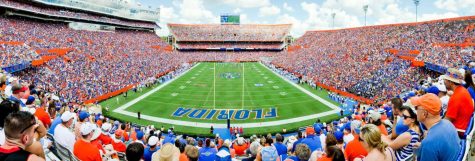
UF
Let’s take a look at the schedule of a professional athlete. Pro athletes spend an average time of 40 hours working out per-week for six days during the season. That’s a little under 7 hours a day, which is a huge amount of time dedicated to training.
Think about it, not only do a majority of NCAA athletes get cut from making a professional team, but a lot of them can’t see their future spending several hours a week for a sport. Many pro athletes go on strict diets depending on their sport and body. They need to get every bit of nutrition possible to be able to perform at their best. Studies show that college athletes are more likely to become successful in life after college.
For example, Michael Phelps’ diet consists of consuming 10,000 calories. That’s enough to feed five average men a day. Every diet looks different and it shows how dedicated these professional athletes are.
So, while few athletes go pro, the success rate of those that complete college and compete in athletics is higher. Therefore, it is assumed that the time spent playing sports is indeed worth it.




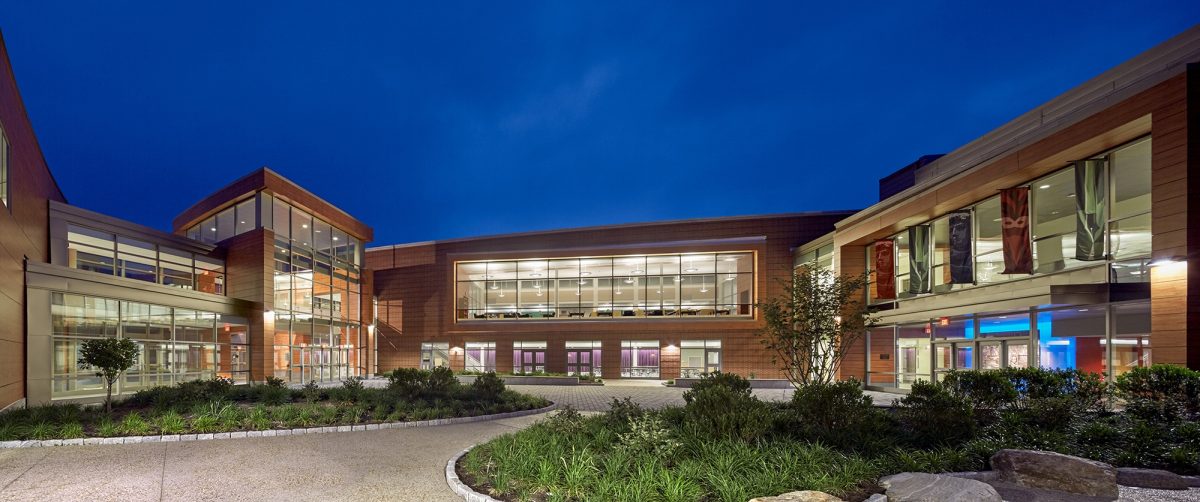



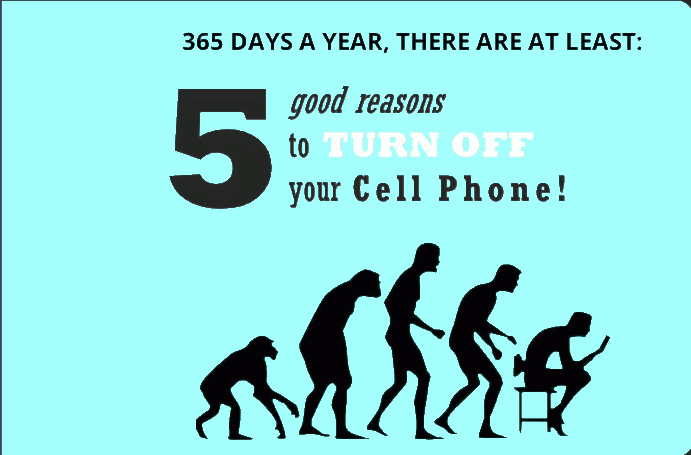


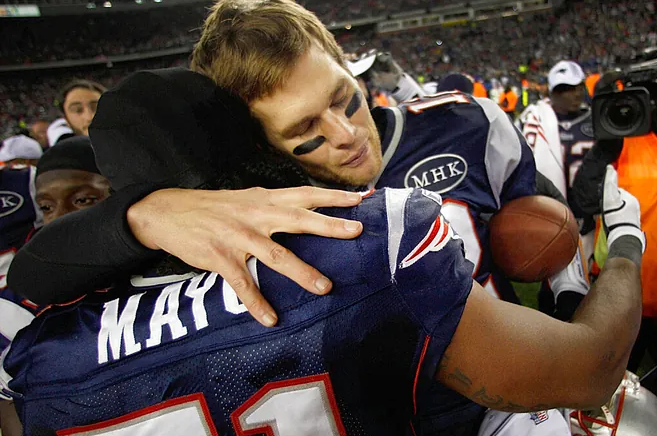


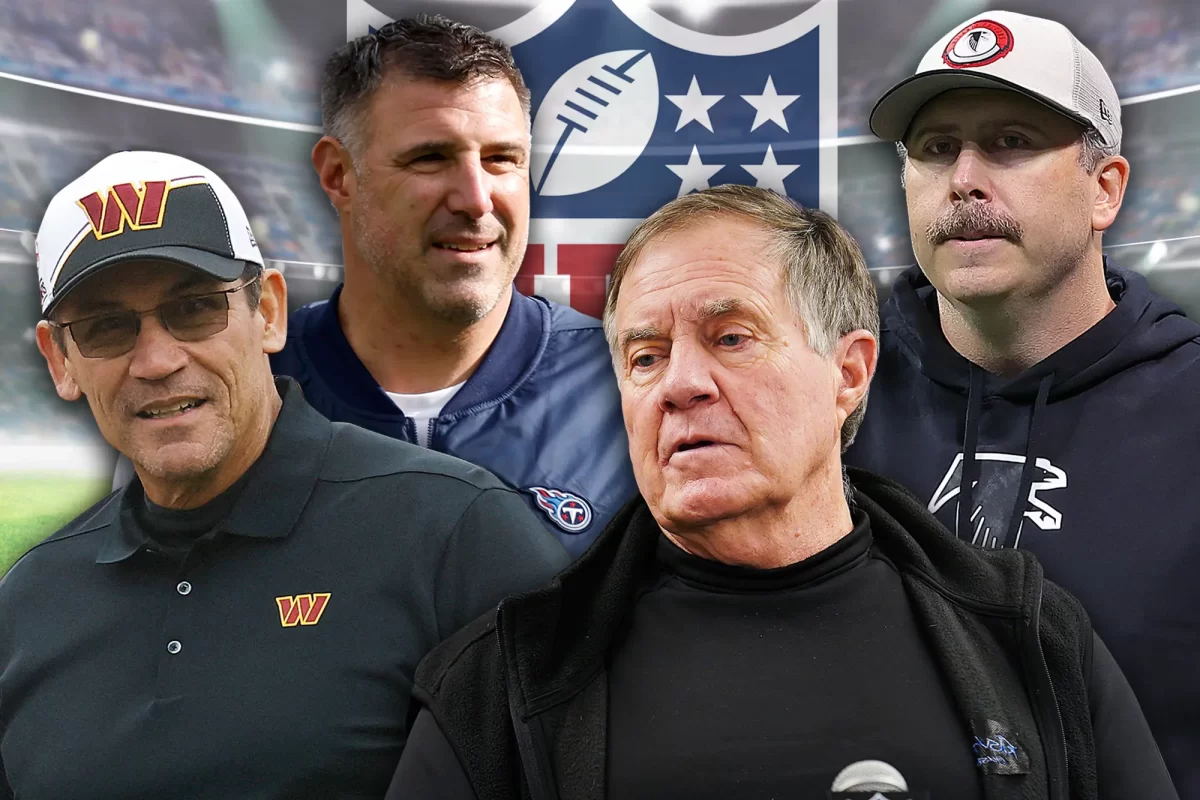
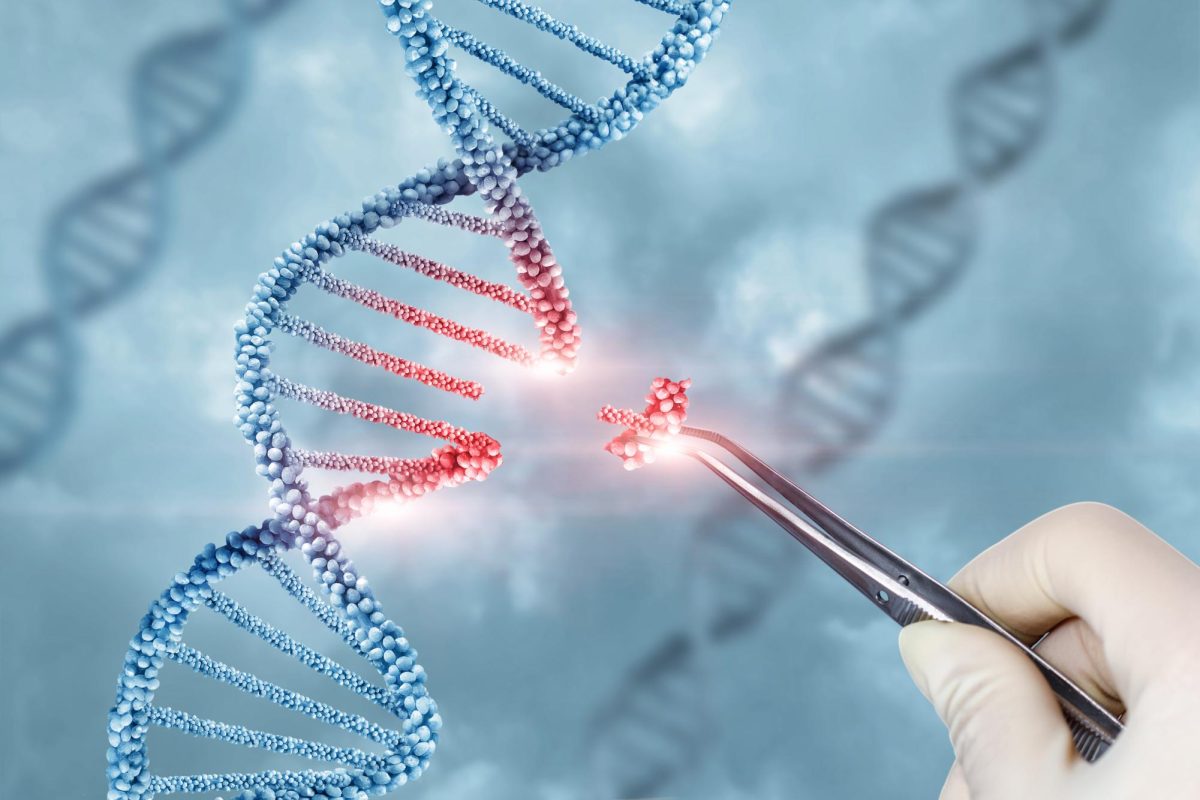


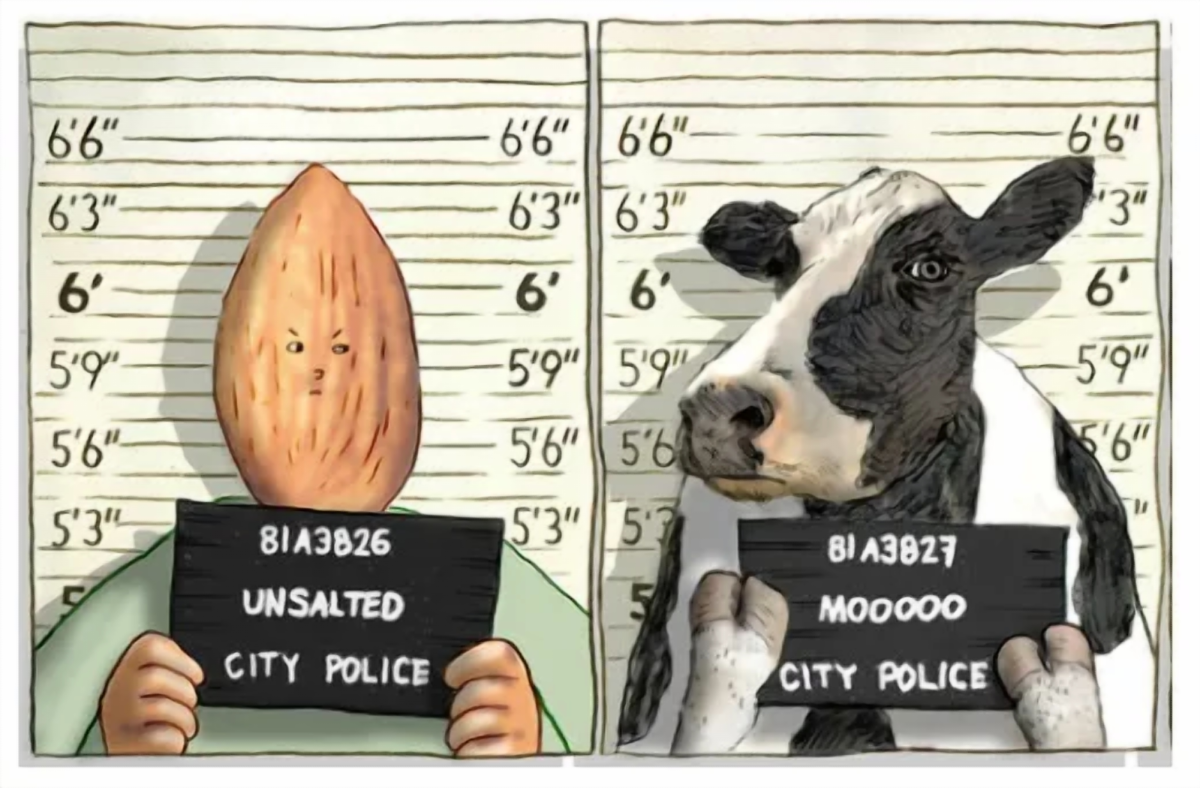

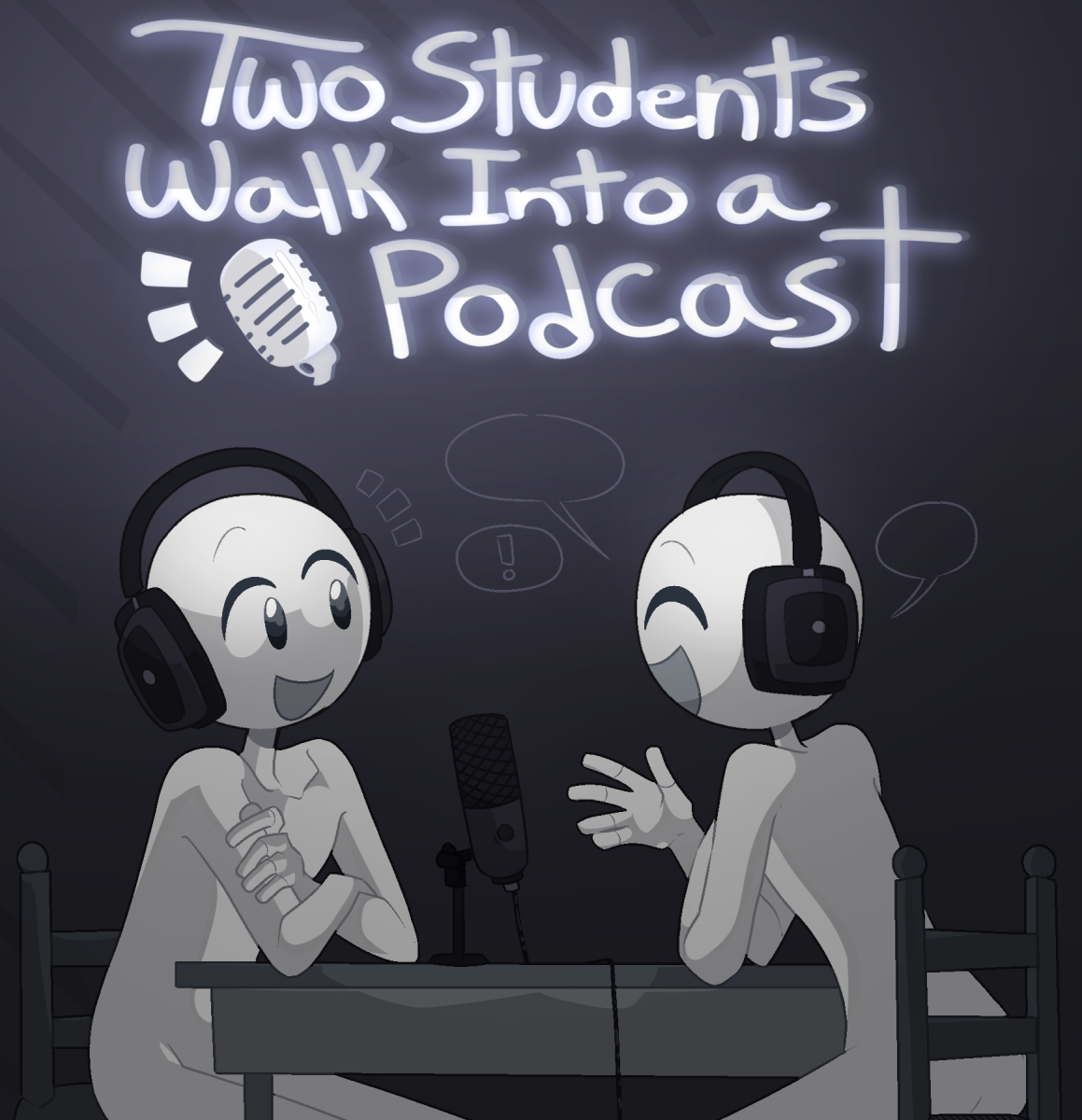
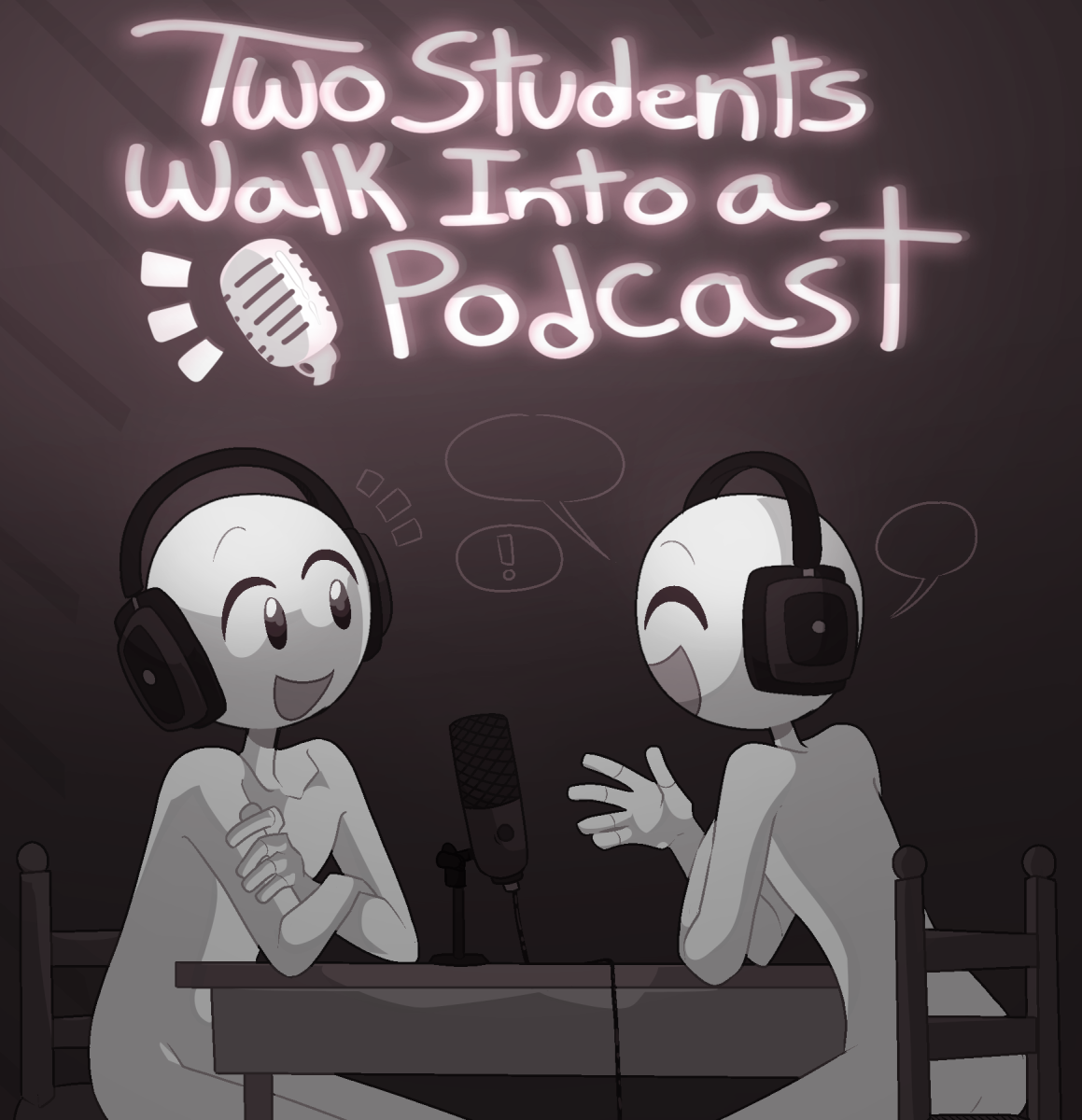
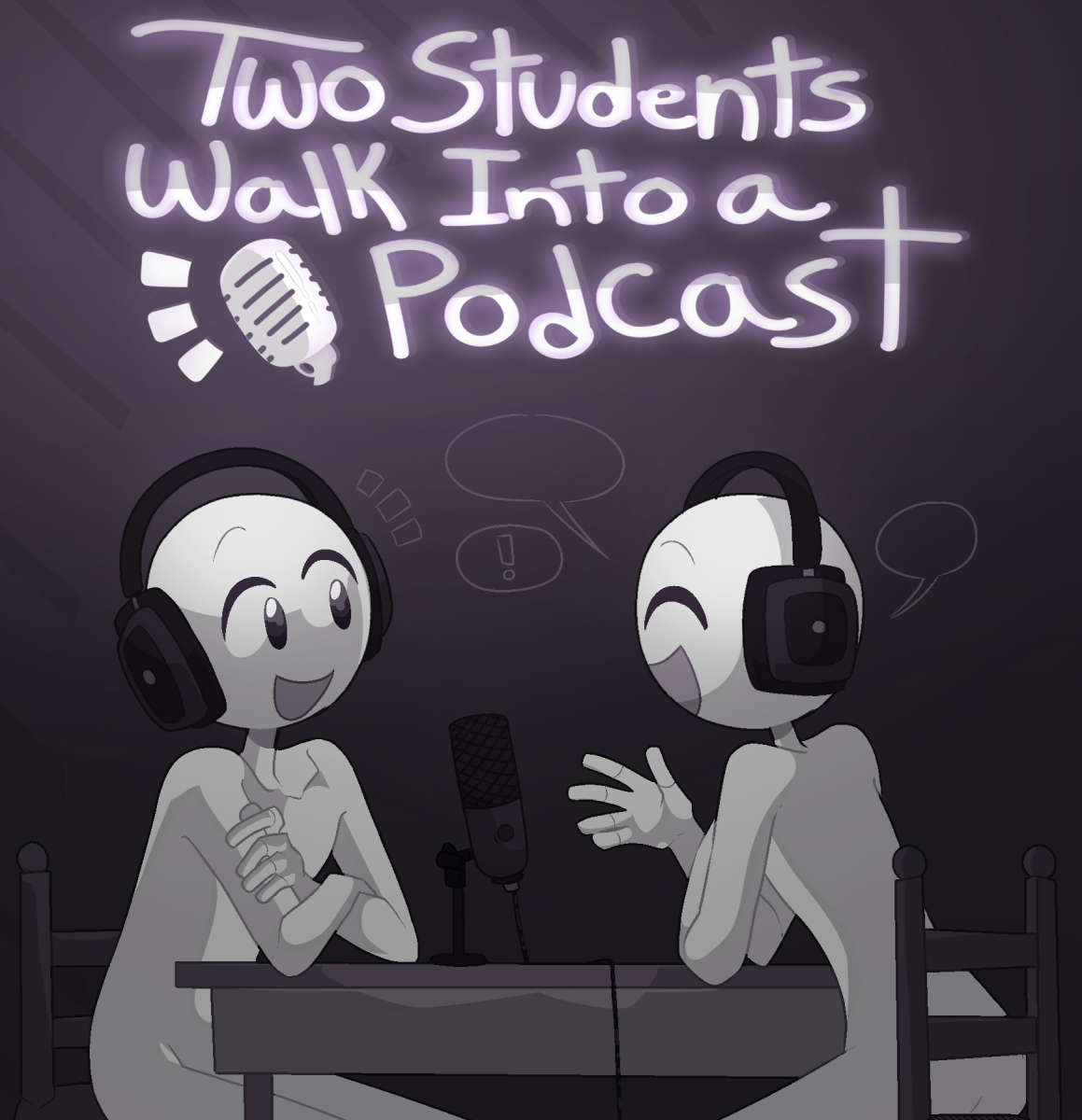
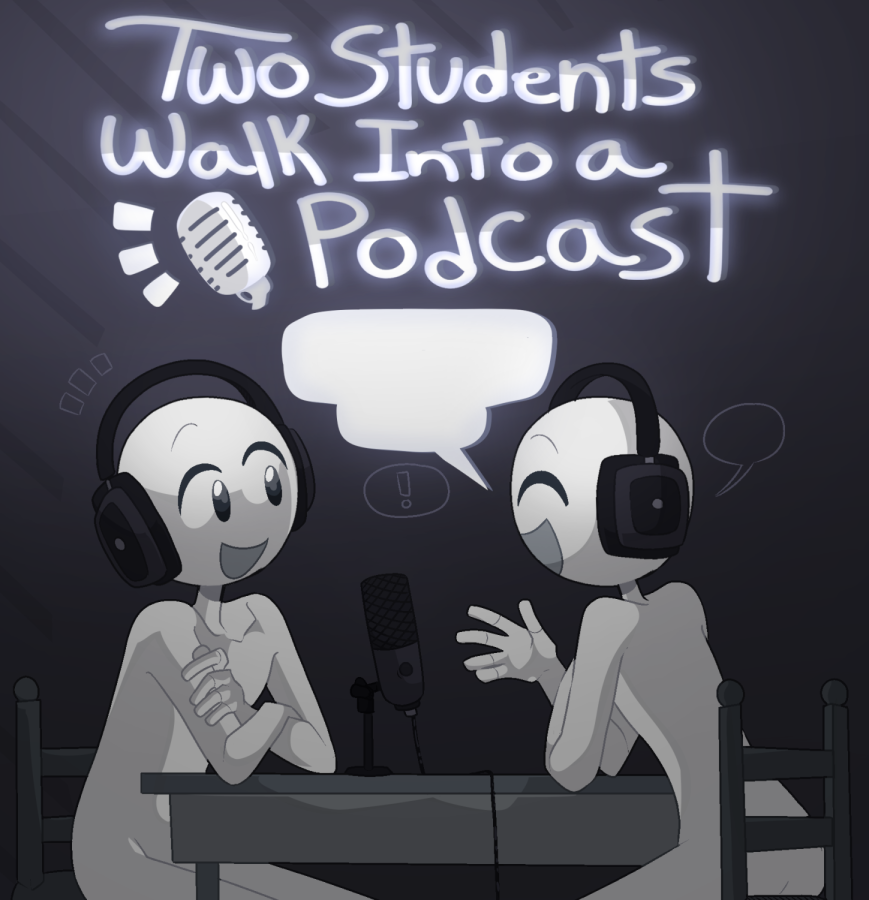
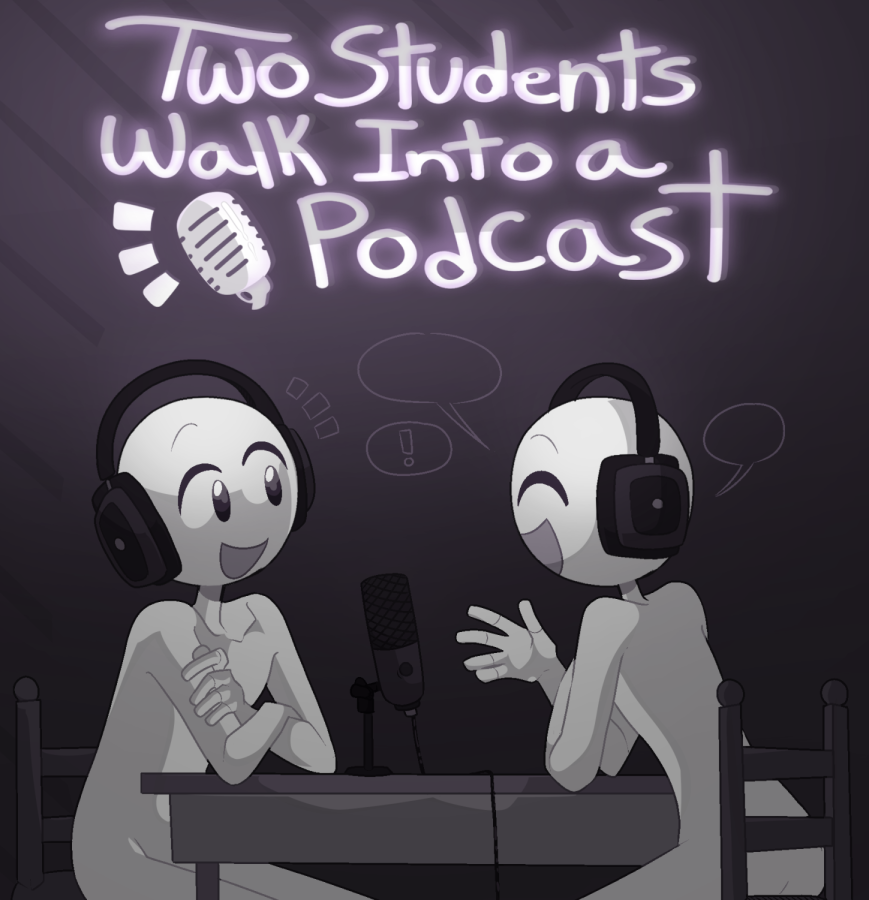
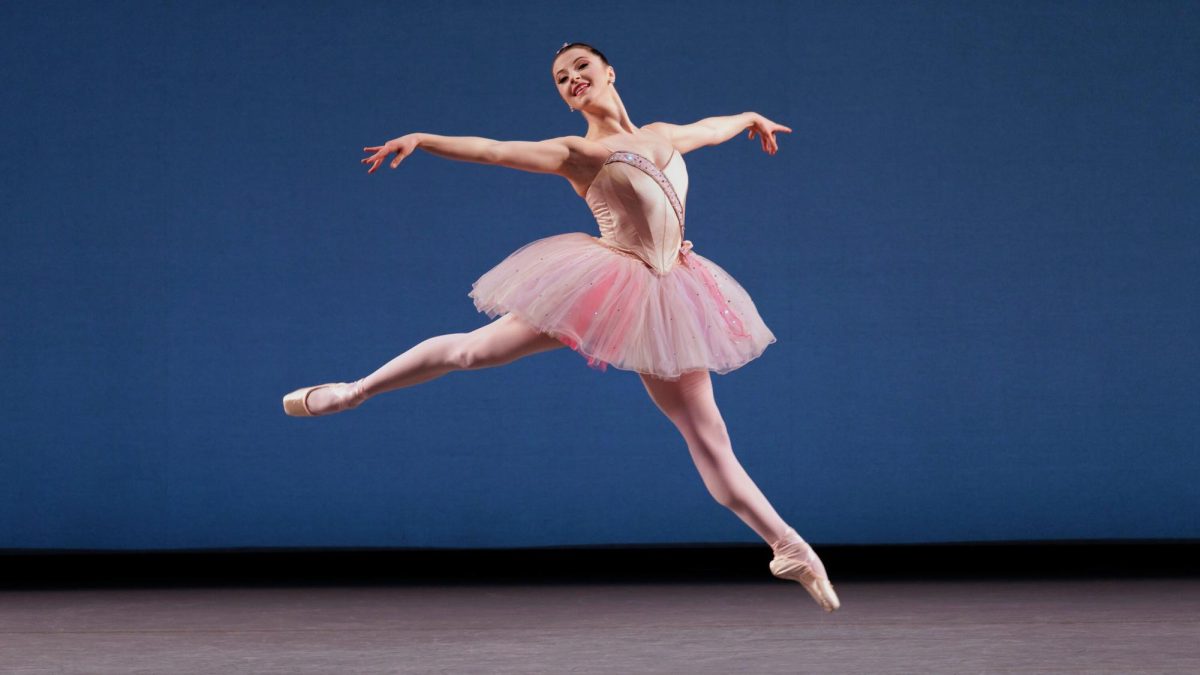
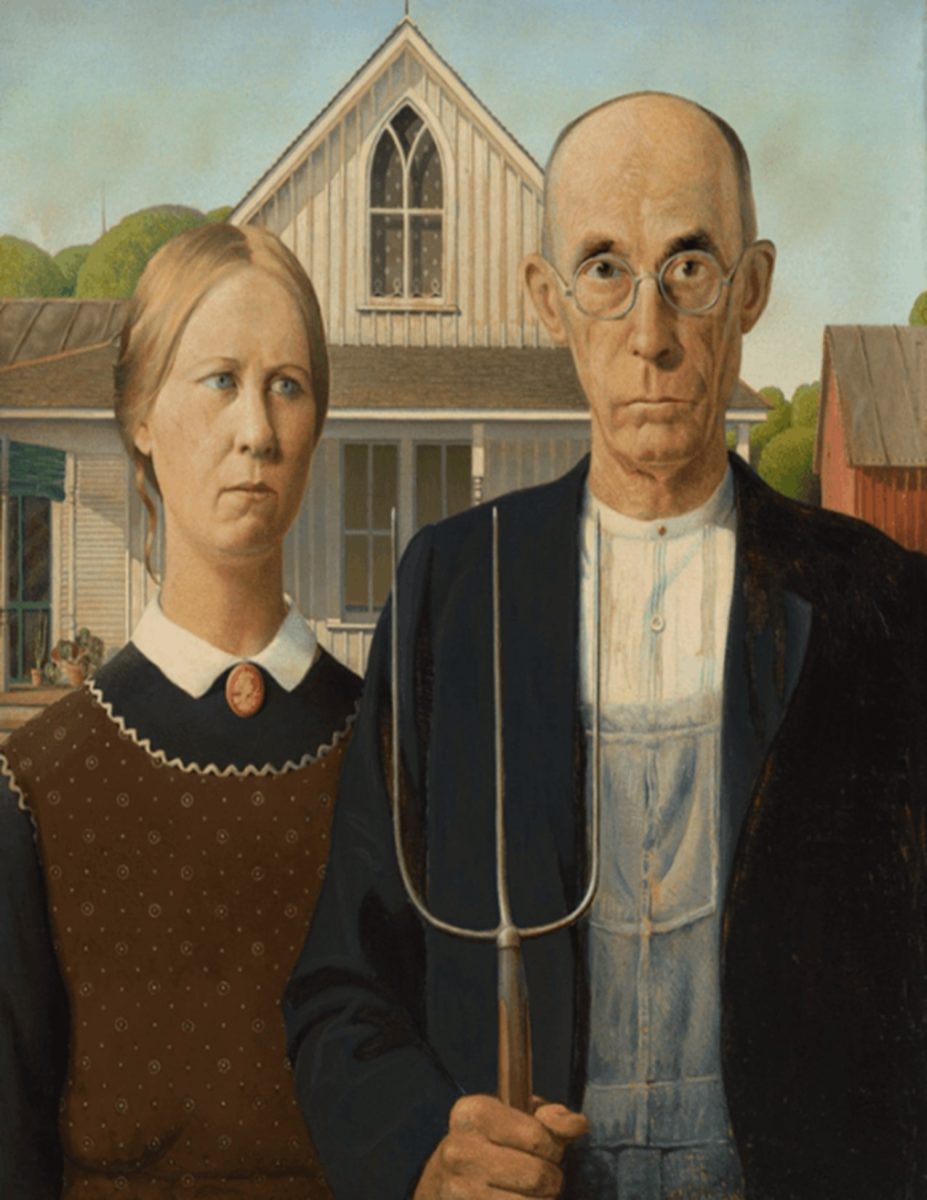
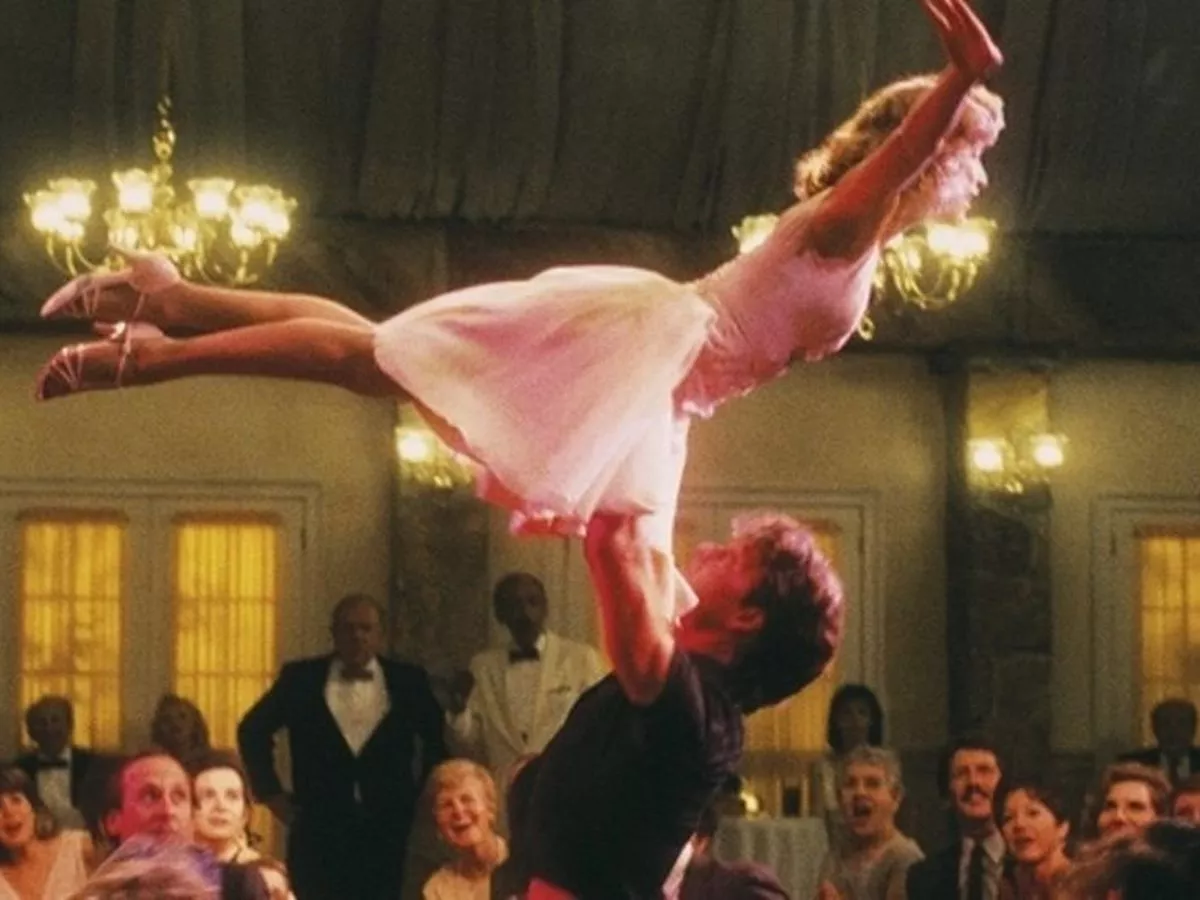

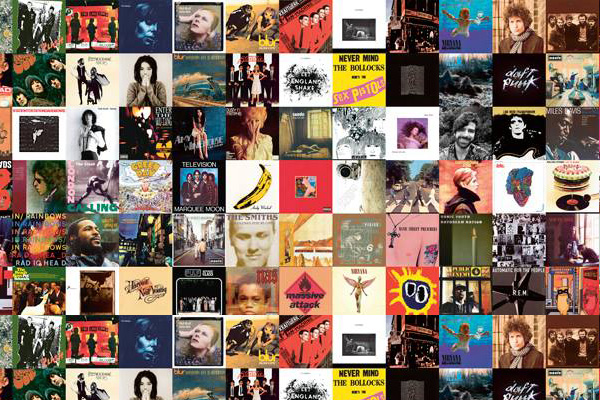
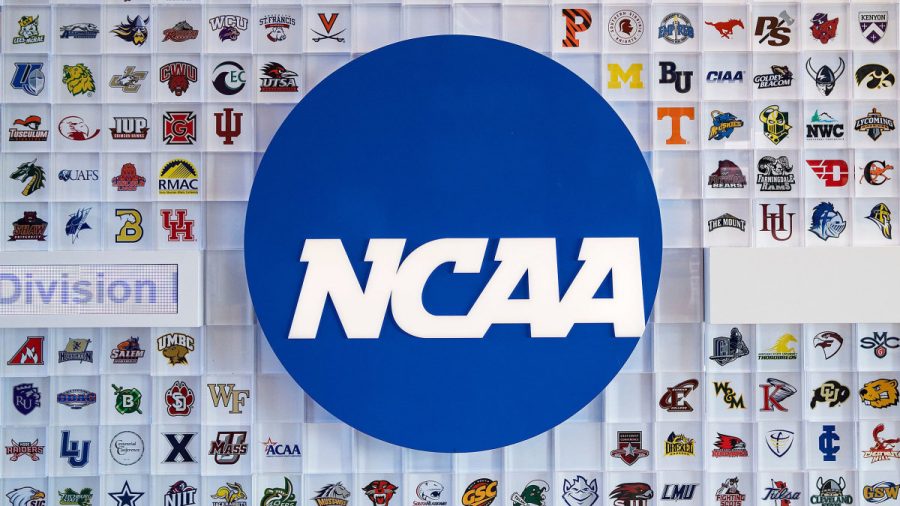
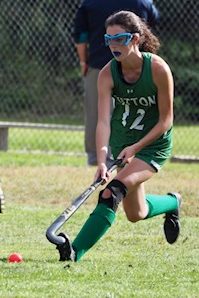
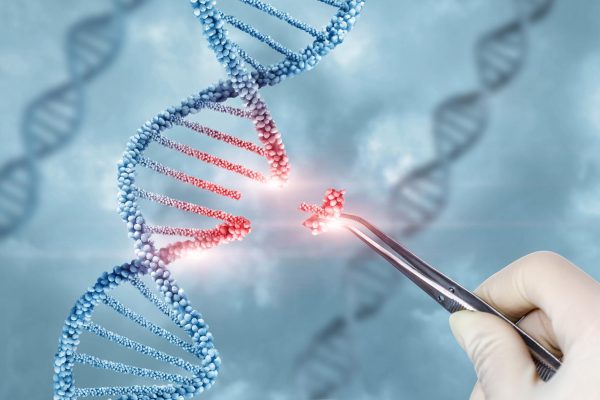
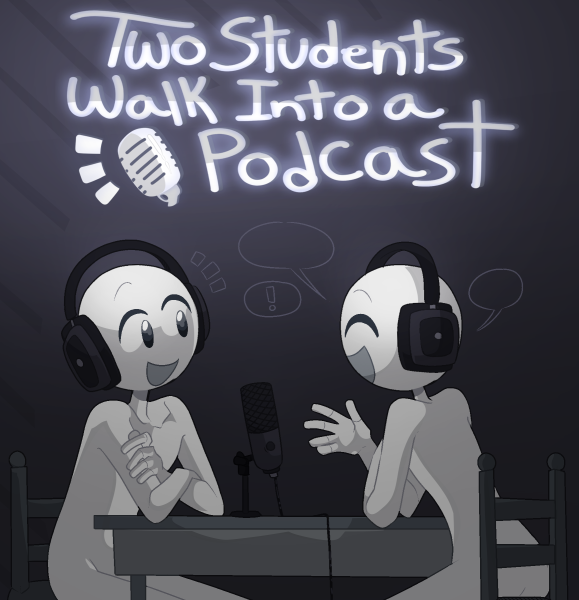



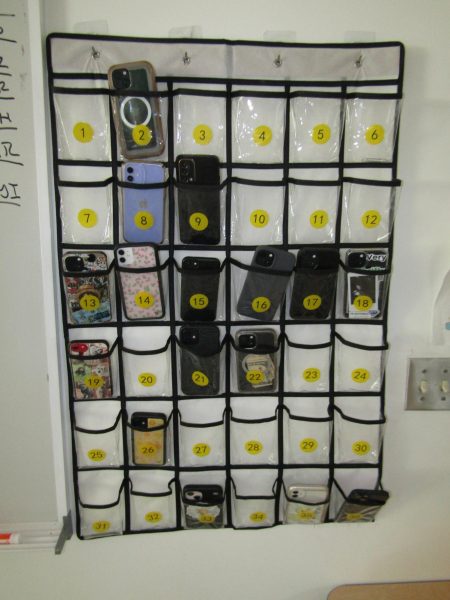


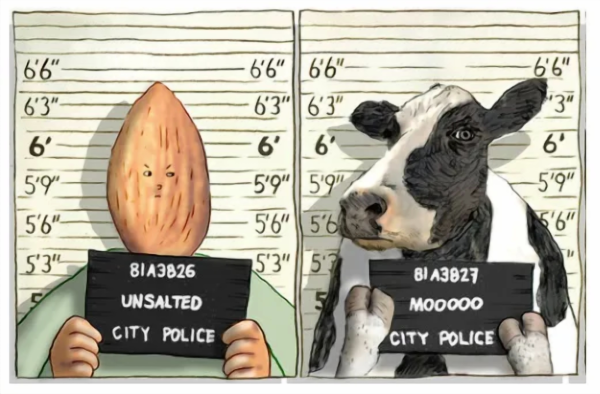
Collin • Sep 26, 2023 at 9:05 am
This article was really intriguing and made me think about how hard it is to go pro. Also, it helped me realize the benefits of playing sports whether you go pro or not.
Courtney Clemens • Sep 26, 2023 at 9:04 am
This article is very well written, I love all the facts you put into it. They gave evidence related to your topic. As an athlete wanting to play soccer in college, I really enjoyed reading this and it provided me with new information I did not know before.
Vivien • Sep 26, 2023 at 9:04 am
I thought this article’s statistics were very interesting and I enjoyed reading it! I would also be curious about the percentage of NCAA and pro athletes in our area.
Elizabeth • Sep 26, 2023 at 9:03 am
Hey Kat! thanks, this article is very helpful to younger student athletes wondering what their future will bring.
Max Perry • Sep 26, 2023 at 9:02 am
Super cool article, I learned a lot of things about college athletics I didn’t know before. Overall it was a good well written piece.
John O’Leary • Sep 25, 2023 at 9:59 am
I agree with what you said but I was also wondering what sports do produce the most professional athletes and which don’t and how does that relate to that sports athletes and how there academics
Ted McCarthy • Sep 23, 2023 at 8:42 am
Hi Kat –
Did you know that they have done studies that show HS students who participate in athletics do better in school as well? Better GPAs, more connected to school, etc?